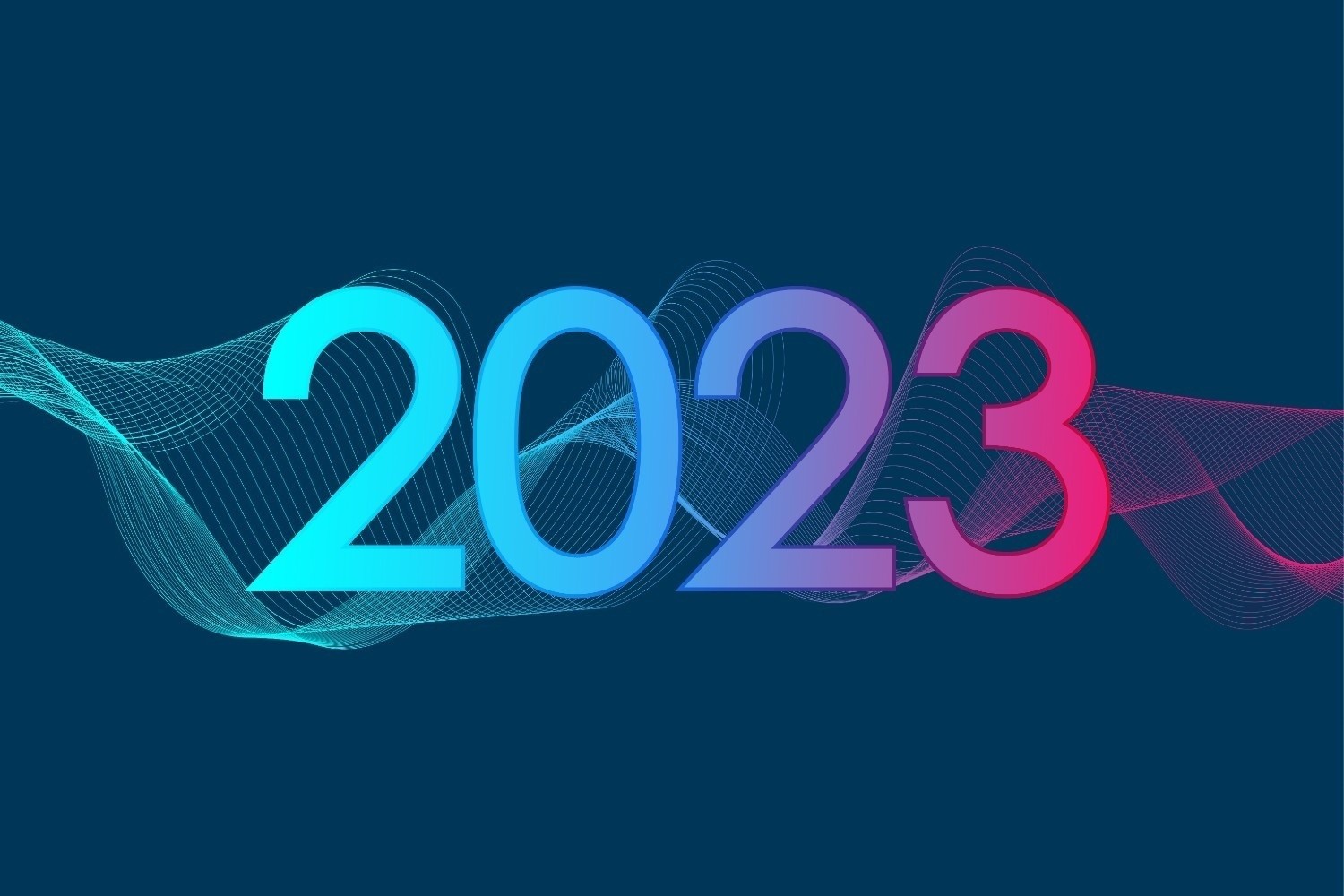
Legal AI, Legal Trends, Legal Tech
Read how personal injury firms are gaining a competitive advantage in 2026 by adopting these four key legal tech trends.
Legal Trends, Legal TechDecember 01, 2022
The legal market is incredibly competitive right now, and as we look toward the future, it looks set to remain fast-paced.
Modern law firms need to adapt to new technologies to streamline their practices. With so many options available, staying up to date with the latest technology trends in the legal industry and market developments can feel like a minefield.
In this blog, we'll cover key trends you can expect to see in the legal technology market in 2023 and how they'll affect law firms throughout the United States.
One of the legal trends that continues to be a high priority to modern law firms is the need for secure digital tools that keep confidential data safe. After all, cybersecurity is critical to modern law firms, mainly due to ABA guidelines related to electronic data breaches and protected client information. Also, as many in-house legal departments and law firms shift to hybrid or remote work, your team needs to be even more aware of the cybersecurity risks it faces and how it can reduce them.
As such, virtual law firms need to explore secure technology options and offer them full compliance with all relevant cybersecurity and privacy regulations around the world. Maintaining compliance and reducing the risk of security breaches can help law firms and legal departments to offer the level of discretion that clients expect.
Law firms are accelerating their spending on legal technology, and this trend looks to continue well into 2023 and beyond. According to Gartner's prediction, legal technology spending will increase to approximately 12% of in-house budgets by 2025, a threefold increase from 2020.
Despite economic uncertainty, law firm technology continues to be in high demand as many firms look for ways to streamline administrative tasks, take document storage online, meet productivity demands, and embrace emerging technologies and remote work. As we look ahead, legal technology and innovation will remain an essential part of the legal industry, and law firms will continue to spend money on tech that improves productivity and efficiency. Doing so will allow law firms to find new ways to save time, automate documents and reduce their reliance on physical paperwork, which can reduce admin costs and improve efficiency.
While legal tech spending is rising, law firms and legal departments don't have money to waste. The global economy is struggling, and the business world will continue to face issues well into 2023, leading many companies in virtually all industries to look for ways to streamline their operations and save time and effort on critical tasks. As such, many legal practices will be exploring ways to improve efficiency by using tech over the coming months.
One popular solution is automated intake processes and workflows. Automation can help firms move through cases faster and with better outcomes when used correctly. Solutions like Neos' Intake Pro allow firms to host dynamic intake questionnaires on their website, pre-populating client information to the proper forms for faster client intake. They automate simple firm processes through workflows and checklists to help cut inefficiencies. Law firms save on operating costs by reducing administrative to-do lists.
With many legal professionals and administrative employees seeking to work from home, the legal market can expect a sharp increase in virtual legal assistants who work outside the office and, in turn, need access to case data wherever they choose to work.
Many law firms are already embracing tech tools such as video conferencing software and cloud-based practice management software to improve employee satisfaction and reduce the cost of running a physical office. As we move forward, we expect more digital transformation in the legal space and new technology advancements to support it.
Cryptocurrencies are still in their infancy in the digital economy, and while they're used as an asset by many investors, they're not commonly accepted as payment. However, that looks set to change, with many companies now agreeing to take cryptocurrency as payment, including many law firms.
With several major players in the legal industry now embracing crypto, it is likely that your firm will encounter a customer that wants to use it as payment in 2023. You must understand the risks and considerations around alternative payments in order to accept cryptocurrency ethically.
Legal technology may also start to embrace crypto, such as practice management software that allows crypto payments for legal services or tools to exchange crypto or store it for law firms.
Modern law firms and in-house corporate legal departments need to make the most of the legal tech available to them, which means exploring the latest technological trends.
For more legal industry updates and insight into the latest technology for law firms, check out our blog, where we share various updates for legal professionals across the market.
In the market for legal technology that helps increase efficiency in your practice? Are you exploring transitioning to the cloud due to increased remote work? Contact us to speak with one of our product experts to see how innovative legal software like Neos can benefit your law firm or legal department.
SHARE
